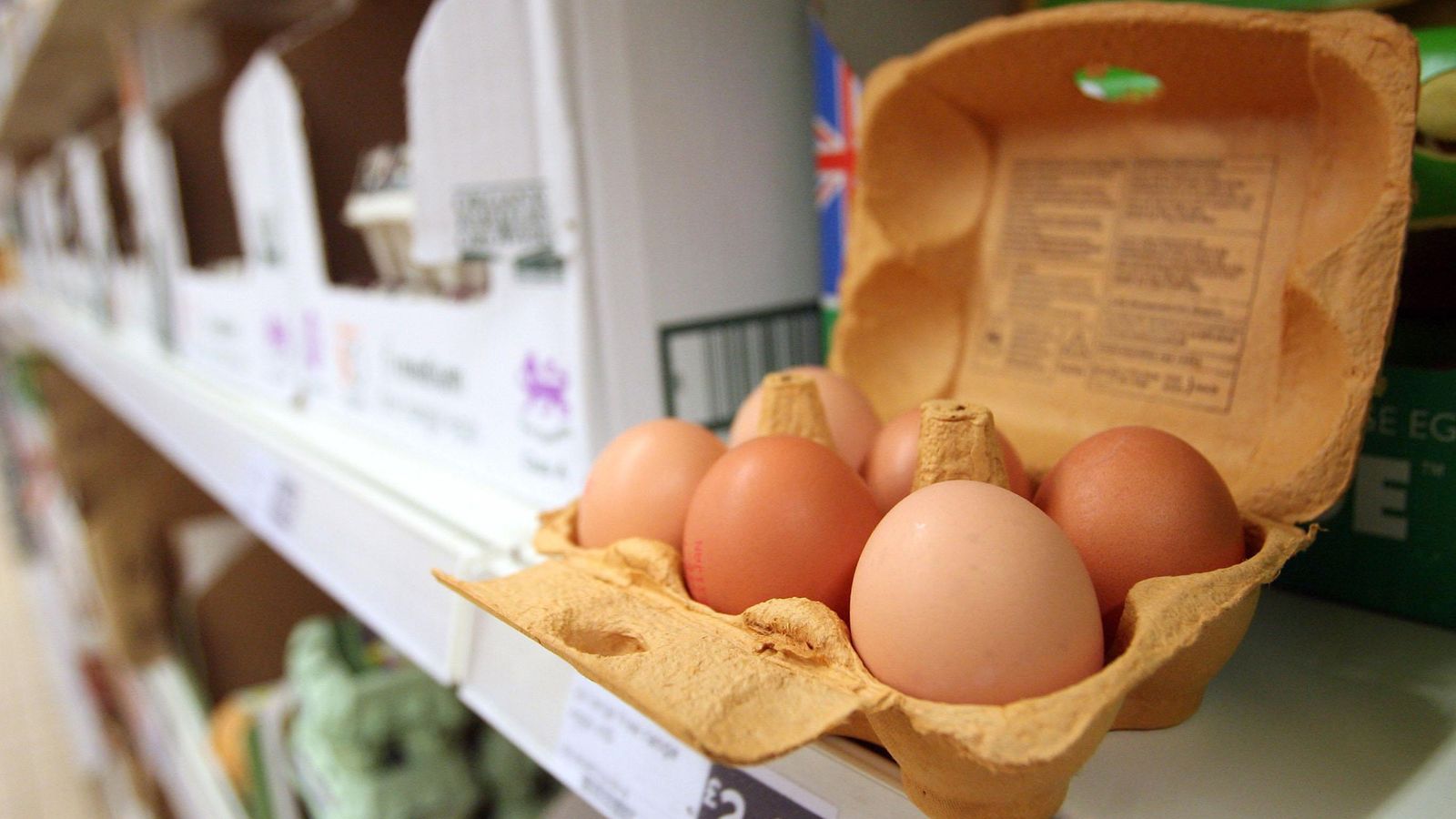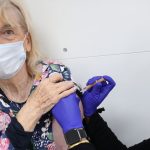Free-range eggs have vanished from supermarket shelves as hens continue to be held in lockdown after the biggest ever outbreak of avian flu in the UK.
From Monday, cartons of eggs from normally free-ranging hens must now be labelled “Barn Eggs” after a government grace period expired.
Supermarkets are planning to put up signs in stores to explain the change to customers, with eggs either put in new packaging or carrying stickers.
Andrea Martinez-Inchausti, Assistant Director of Food at the British Retail Consortium, said: “Due to the avian flu outbreak, the government has introduced measures to keep all birds, including laying hens, indoors for the protection of the animals.
“As a result, the eggs can no longer be described as free-range, and labelling will be adjusted to describe these as barn eggs.
“Retailers will continue to support British farmers, and when the current measures are lifted, eggs will go back to being free-range.”
It comes after the government imposed in an Avian Influenza Prevention Zone (AIPZ) across Great Britain from November 3 last year.
Climate change: Regenerative farming ‘could slash emissions equivalent to taking 900,000 cars off the road’
Cautious welcome for ‘globally significant’ plans to pay farmers to adopt climate-friendly practices
Ancient practice saves leftover crops to tackle food poverty – and helps the environment too
Bird keepers across the UK are currently legally required to keep their birds indoors and follow strict biosecurity measures to limit the spread of and eradicate the disease.
Read more: Bird flu prevention zone declared across UK to stop spread of disease in poultry
Despite having to keep hens inside from November, farmers could retain their free-range status as long as the birds were not housed for more than 16 weeks for eggs.
But with avian flu lockdown measures continuing, the grace period expired on Monday.
A spokesperson from Department for Environment, Food & Rural Affairs (Defra) said: “We are experiencing our largest ever outbreak of avian flu and housing measures remain in force to protect poultry and other birds from this highly infectious and unpleasant disease.
“We continue to provide support for the poultry sector throughout this challenging time.
“We have worked closely with the sector and retailers to implement these changes as smoothly as possible.”






















